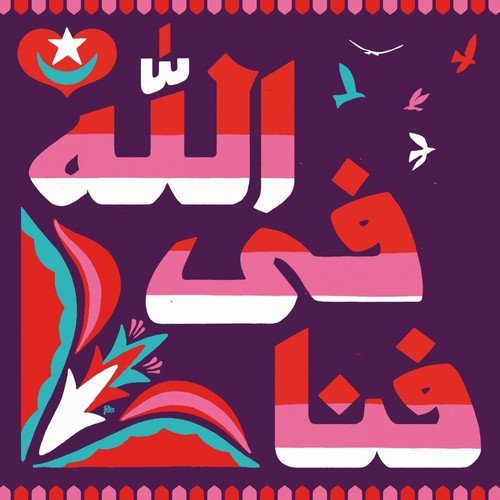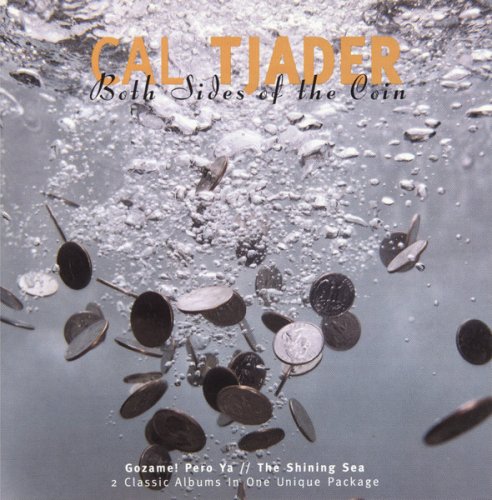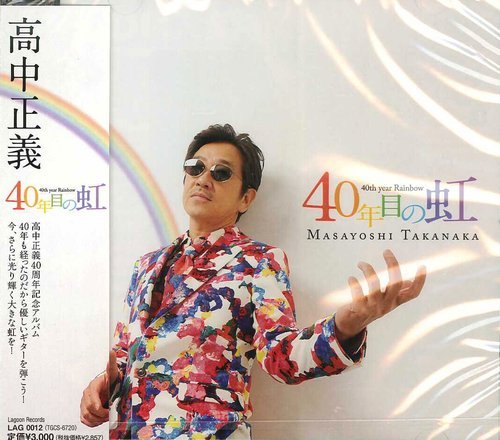Fanna-fi-allah - Muraqaba (Sufi Qawwali) (2018)

Artist: Fanna-fi-allah
Title: Muraqaba (Sufi Qawwali)
Year Of Release: 2018
Label: Buda musique
Genre: World, Ethnic, Sufi
Quality: MP3 320 kbps / FLAC (tracks)
Total Time: 1:00:10
Total Size: 138 / 372 MB
WebSite: Album Preview
“The message of my music is open. Anyone can revel in my poems to the glory of God and enter this spiritual phase to be uplifted.”Title: Muraqaba (Sufi Qawwali)
Year Of Release: 2018
Label: Buda musique
Genre: World, Ethnic, Sufi
Quality: MP3 320 kbps / FLAC (tracks)
Total Time: 1:00:10
Total Size: 138 / 372 MB
WebSite: Album Preview
These words of Nusrat Fateh Ali Khan, an eminent representative of a multi-secular tradition, resonate with the story of the journey of Fanna-Fi-Allah, a Californian group that embraces the veneration of the prophet and his son-in-law Ali. The uninitiated may be astonished by this, in view of the tragic events that have punctuated relations between the West and the community of followers of the Koran over the last twenty years. And yet let us be clear: the tradition of dissemination is implicit in the very nature of Sufism, with Qawwali music combining the rhythmic sophistication developed in northern India and the poetics developed by the Sufis of the Persian Empire. “The spread of these words of love is natural. The great masters have always done this, and we ourselves share this desire for the other, this openness. In music, it allows a constant enrichment of what is called tradition, by other colours, other experiences, other stories...” This is the analysis of Tahir Hussain Faridi, the charismatic leader of the group created in 2001, even as the lines of fracture — the famous “clash of civilizations” — became mediatized wounds. They knew how best to respond to this antagonism: by straddling the ocean of mutual incomprehension, by resisting discrimination. They delighted festivals on the American West Coast, just as they did large concert halls in England, centres for contemporary arts as well as trendy electronic music audiences. And this universal, all-encompassing message of love needs no translation. “We have spread the message of our masters to other parts of the world, and for that Pakistan is grateful to us.”
Amongst the regions visited by Qawwali spirituality is the internet, as evidenced by the millions of videos that are posted regularly. There is no sacrilege in this media dissemination if we are true to the messianic intent of this exaltation made music. But be careful, don’t imagine that this is a popularization, aimed at making it understood by ordinary mortals. Each member of this group, which was formed nearly twenty years ago, has followed a long initiation with the greatest masters in order to achieve this highly spiritual formation. Starting with the leader whose virtuoso mastery of Qawwal — melodies soaring skyward like deep moans from the bowels of the Earth — is still today the fruit of an apprenticeship, by no means a closed temple, with the guardians of the tradition. Ustad Rahat Fateh Ali Khan, Pandit Pashupatinath Mishra, Ustad Sher Ali Khan and Ustad Muazzam Ali Khan are among the points of reference for those who, before the Qawwali revelation discovered through the feisty Sabri brothers and the giant Nusrat Fateh Ali Khan, acquired the scholarly arts of the Hindustani style, the classical music of North India. Thumri, Khayal, Kafi and Dhrupad are part of his grammar, just as the prophets of poetry such as Rumi and Hafiz are part of his vocabulary, providing the most solid of foundations. “Similarly, listening to other groups is essential to a broad training. But most of all, you have to live, eat, and vibrate with the masters. Immerse oneself in every moment of everyday life. It’s a long process that goes beyond the simple confines of music.” All the other members of Fanna-Fi-Allah are at this scholarly pitch.
They have taken part in many festivals at the temples and mausoleums of saints, including that of Seminal Amir Khusrau, a Sufi mystic considered to be the founding father of Qawwali and the inventor of tablas. “Every festival is a special moment, where you can perfect your art and charm a new audience with your own compositions, your poetry.” They created a style all of their own, full of fervour. They also allowed the tabla player Aminah Chishti, a disciple of the venerable Ustad Dildar Hussain Khan, to break a taboo: she was the first woman to perform in the sanctuaries of the great Sufi saints of Pakistan, sanctuaries of these “divine” mediators and pilgrims. “Traditionally, women are not allowed to play Qawwali in temples. It took us some time to get there, but when we gained the respect of the elders, I asked permission for her to join us in the temple. It was a very big deal!” It was a first in the community and a great honour for us all. This authorization granted to a percussionist was not without repercussions on all the women of a country now under pressure from fundamentalists. “Even if some temples are the target of attacks, even if singers are assassinated, the faithful continue to come. This culture of tolerance remains present, preserved from the materialist values of the West,” says Tahir Hussain Faridi, who honoured the memory of the singer Shahid Amjad Sabri, shot dead for heresy.
He and the acceptance of his group are symbolic of these values which are still very significant in the population, despite “the current grass-roots fundamentalism”. But to reach transcendence in order to touch the sublime, those who at first sight seem to be good old hippies have turned out to be very conventional nonconformists. It is a measure of how tradition remains essential to getting ahead in the world of music. Only once tradition is mastered can one entertain thoughts of introducing variations. Fanna-Fi-Allah is already on track, and this first disc released in Europe, produced by their fan Chris Martin of Coldplay in his Malibu studio (ten others were self-produced), fits perfectly into this groove. “We are faithful to this tradition: songs are not the property of any singer. Most of the themes are based on very old poems, which we must infuse with a new energy, with a new vibe. In terms of rhythms, improvisations, even of the poetic parts that are likely to grab a new audience, the challenge is always the same: keep a certain freshness of spirit but do not betray the masters while doing it!” For Tahir Hussain Faridi this piece of plastic first and foremost carries a message to the world. “Sufism is a universal philosophy, which goes beyond questions of gender, frontiers, nationality. This exploration is an experiment with God and existence, which helps us to bear the world. Our master has always taken care to listen to everyone, to give each person the keys he or her needs to open up to another world. He truly gave us a new perspective on life on earth, a personal development in a collective movement.” Perhaps that is why they chose Fanna-Fi-Allah as their name, the ultimate phase of spiritual exaltation in Sufism: the state of abandonment of self to become one with the divine.
A word to the wise...
Tracklist:
01. Fanna-fi-allah - Shahe Mardane Ali
02. Fanna-fi-allah - Chashme Rehmat
03. Fanna-fi-allah - Ya Farid Ganje Shakar
04. Fanna-fi-allah - Man Ke Mohan
05. Fanna-fi-allah - Dama Dam
![Palle Mikkelborg - Light (2026) [Hi-Res] Palle Mikkelborg - Light (2026) [Hi-Res]](https://www.dibpic.com/uploads/posts/2026-01/1769762532_sqmvrtmcku1ma_600.jpg)

![Heisenberg Uncertainty Players - Return to the Enchanted Forest (2026) [Hi-Res] Heisenberg Uncertainty Players - Return to the Enchanted Forest (2026) [Hi-Res]](https://img.israbox.com/img/2026-01/31/tgq378zpwy9e3lh1p4simyihf.jpg)

![Putumayo - French Bossa Nova by Putumayo (2026) [Hi-Res] Putumayo - French Bossa Nova by Putumayo (2026) [Hi-Res]](https://www.dibpic.com/uploads/posts/2026-01/1769675125_a0958635985_10.jpg)
![Balázs Elemér Quintet - Remembering 80/81 (2026) [Hi-Res] Balázs Elemér Quintet - Remembering 80/81 (2026) [Hi-Res]](https://www.dibpic.com/uploads/posts/2026-01/1769767496_cover.jpg)


